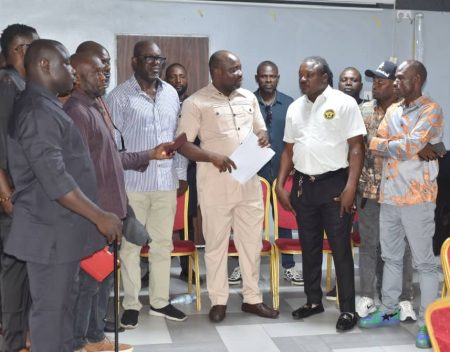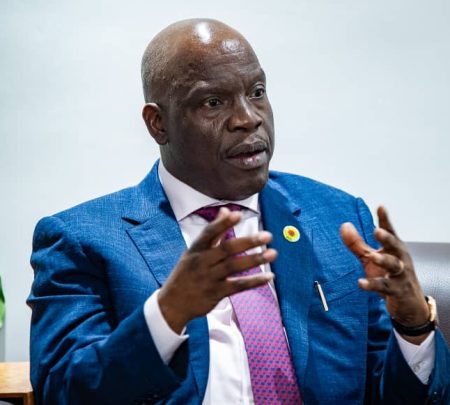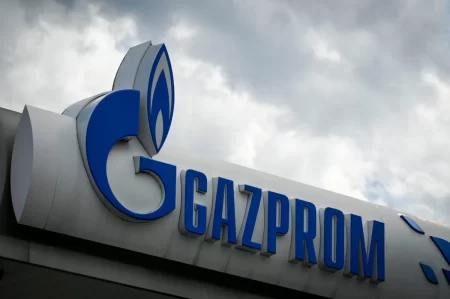 21 February 2012, Sweetcrude, LAGOS – Inflation in Nigerian jumped to 12.6 percent in January from 10.3 percent the previous month, driven by hikes in petrol prices the national statistics agency said Monday.
21 February 2012, Sweetcrude, LAGOS – Inflation in Nigerian jumped to 12.6 percent in January from 10.3 percent the previous month, driven by hikes in petrol prices the national statistics agency said Monday.
“The increase in the headline index … was due to the partial removal of the subsidy … (for petrol/gasoline) that pushed up prices of many food and non-food items as a result of the increase in transportation costs,” the National Bureau of Statistics (NBS) said in its latest figures.
The government sparked off a spate of protests on January 1 when it ended fuel subsidies, causing petrol prices to double overnight.
The six-day protest strike brought the country to a standstill, costing Nigeria an estimated $1.3 billion (1.0 billion euros) loss, analysts said.
President Goodluck Jonathan was forced into a partial climb-down, reducing petrol prices by about 30 percent, but consumer prices have remained high.
Professor Pat Utomi of the Lagos Business School sees more increases in the coming months if the government announces further petrol price increases as it tries to normalise the fuel market in one of the world’s top oil producers.
“It was not surprising that there was a rise in … January given the increase in the price of fuel. Petrol is a product dear to Nigerians and any price hike will have a multiplier effect on general price levels, especially transportation costs,” Utomi said.
“My fear is that should the government move towards full deregulation by announcing a further hike in petrol prices, headline inflation will rise further,” he said.



